
A still from the short film Edifice, 2018, by Ash Thorp, a digital artist based in San Diego, California. Thorp’s works are frequently complex interplays and redesigns of human anatomy. His works have featured in Batman, 2022, and The Amazing Spider-Man, 2014, while his interdisciplinary initiatives feature collaborations with brands such as Richard Mille
We might take perfect care of ourselves – exercising body and soul, eating carefully and mindfully – but our bodies might have other ideas. Now the latest technology means we can literally see inside ourselves for diagnostic purposes with astonishing accuracy. Dare we take a look? One LUX editor did…
When I first started collecting cars, I asked a wise and experienced collector friend where I should get them serviced.
The choice was between franchised official dealers of these prestigious car brands, with their glossy, shiny showrooms, which, however, might lack detailed knowledge about the older cars I was acquiring; or specialist service shops often located in remote and inaccessible places, which might have more knowledge and expertise on classic models.
“If you want a quick look round, a thumbs up and a certificate, go to the official dealers,” my friend said. “If you really want to know what’s wrong, and what might go wrong that you can prevent, go to the specialist.”
I am not, in any way, comparing myself to a classic car (or not in so many ways), but this was an analogy that came to mind when I decided to go through a health check recently.
Humans are even more complicated than classic cars (although it may not seem so at times, if you own one). And while there are many things that can go wrong with us, we might be tempted not to worry about them until they happen.
Unfortunately, when these hidden conditions finally manifest themselves, they can have sudden, catastrophic, tragic results. Think of the unspotted tumours that have metastasised, or the almost completely obstructed blood vessel in a marathon runner that goes unspotted until they drop down dead one day.
Until recently, the technologies simply did not exist to diagnose thoroughly and preventively with a large degree of accuracy. Scans would miss things and pick up worrying false positives. So I was interested to read about the latest CT and MRI imaging technology, which allows highly accurate scans of every key part of the body.
Consulting medical friends, I was told by this usually cynical crowd that, yes, these could be extremely helpful, but with two caveats. First, CT involves radiation, so you don’t want to get this done too often. And second, it’s all about the interpretation of the results: you need somebody looking at each scan who specialises in the relevant part of the body and has done it thousands of times before, so they can interpret through experience.
A certain shape on the spleen does not necessarily mean the same thing as a certain shape on the liver. Or something like that. Then there’s the convenience factor. Who has time to make, understand and fulfil the multiple appointments required in different practices at different times to cover the body from scalp to toenail? The wrong type of mole on either could kill you just as effectively as a blocked aorta.
And then there’s receiving and making sense of the results. Doctor friends profess it’s all too much for them, even though they know preventive healthcare could save their life.
Enter Echelon, a central London-based company offering a one-day service that covers every imaginable test in one location, plus interpretation by specialists and delivery of results by one single medical director.
Follow LUX on Instagram: luxthemagazine
Like having someone from the factory that built your car tell you what’s wrong with it. Or nearly. I took the plunge and enlisted for Echelon’s Platinum Assessment.
It involves MRIs, CTs and ultrasounds covering every conceivable body part – including a noninvasive scan of the bowel, a relief as the other way (a rectally entered camera) is not pleasant.

The in Harley Street located clinic, houses a suite of advanced equipment and is staffed with a number of radiographers and radiologists
There would also be a suite of blood tests and physical examinations of moles and anything else that needed investigating, all by relevant specialists.
Read more: Marcus Eriksen on keeping our oceans healthy
After booking myself in over the phone, I had a chat on Teams with an efficient coordinator who took some details, sent me a form online and said she would welcome me at 8am on an agreed date at the clinic in Harley Street, central London.
There was some preparatory work to do the previous day (fasting and ingesting a bitter liquid), but otherwise the convenience factor was supreme. The most remarkable thing about that day is that it didn’t seem remarkable at all.
What would otherwise have been 10 or 12 different appointments – at different clinics, on different dates and times with different specialists, the usual travel to and from, the waiting times and different results delivered on varying dates – all happened seamlessly in the space of a few hours.
Each appointment followed the last with perfect timing, even when we travelled between Harley Street buildings and separate specialisms. There was no waiting, I was accompanied at all times by my hyper-efficient coordinator who knew everyone and had them all responding to her instructions.
Read more: Zahida Fizza Kabir on why philanthropy needs programmes to achieve systemic change
The only time I sat down with nothing to do was at the end, when I was given a recovery suite and my chosen lunch of sushi, before I headed back to the office.
A week later, I met Medical Director Dr Paul Jenkins to go through the results. Each had been interpreted by a consultant in that field, and then reinterpreted by him.
I was fine, but that’s not the point: any one test could have found a potential killer lurking in some part of my body that I would have no idea about: a cancer, a disease of an internal organ, calcification of the cardiac arteries, abnormalities of the lungs.
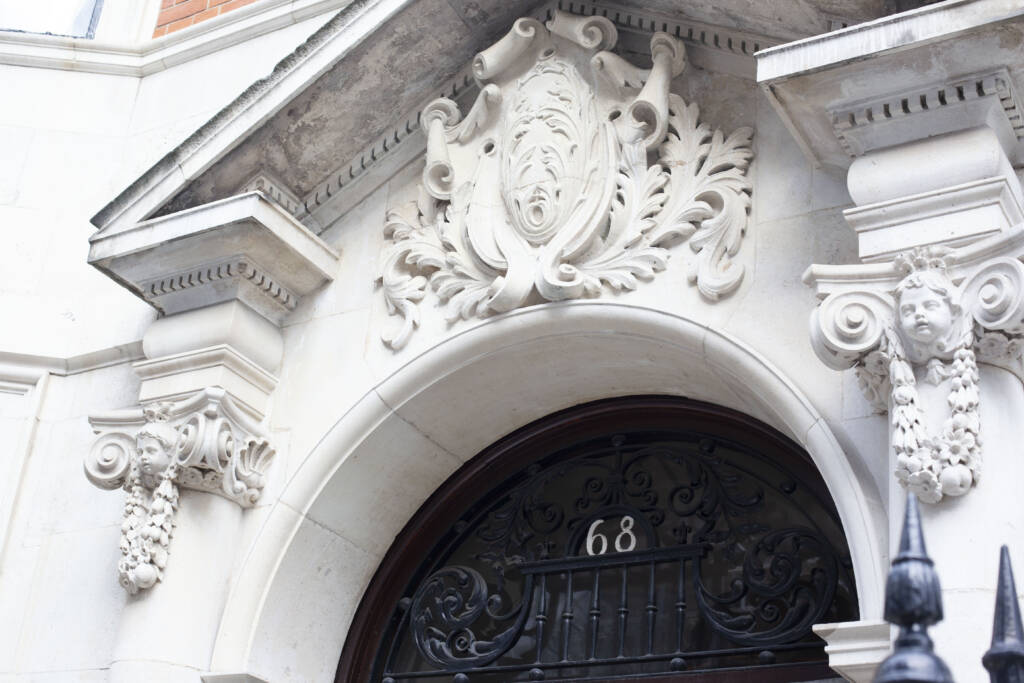
The clinic offers health assessments packages including full body mole screens, digital mammograms, blood tests, ECG, CTs, MRIs and ultrasounds of all colours and creeds
Dr Jenkins said such discoveries were quite common, and, in each case, discovering it earlier was far preferable to waiting until it manifested itself. So, for less than the price of a secondhand city car, which would you prefer: to bury your head in the sand until, potentially, it’s too late; or to know whether there’s a potential catastrophic engine failure inside your body that you can avoid and treat? Seems like a no-brainer.
The modern health assessment, by Dr Paul Jenkins
“We all accept the concept that prevention is better than cure for so many aspects of our lives, yet so many people ignore this in relation to their most valuable possession – their health.
I have seen the devastating consequences of this approach so often and the desperate attempts to repair the damage when it is sadly too late. Now, modern imaging technology (CT, MRI and ultrasound scans) allows us to see inside the body in incredible detail and to detect the very earliest stages of so many diseases that, if left, would progress to cause serious ill health or death.
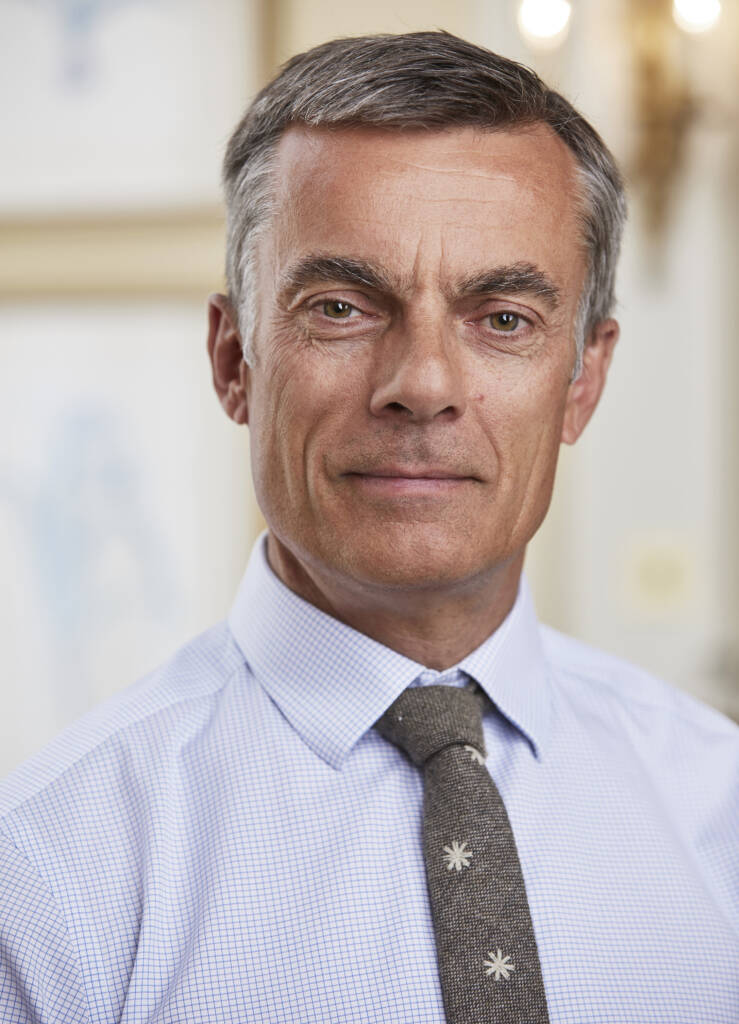
Echelon Health Founder and Director Dr. Paul Jenkins ensures clients are equipped with a detailed health analysis and a plan for future healthcare
Undergoing a three-yearly, high-quality preventive health assessment should be a routine for everyone over the age of 50. It amounts to a modest monthly cost that, for many people, is a small price for the life assurance it brings, along with enormous peace of mind”.
Dr Paul Jenkins is a Consultant Physician and Medical Director at Echelon Health, London

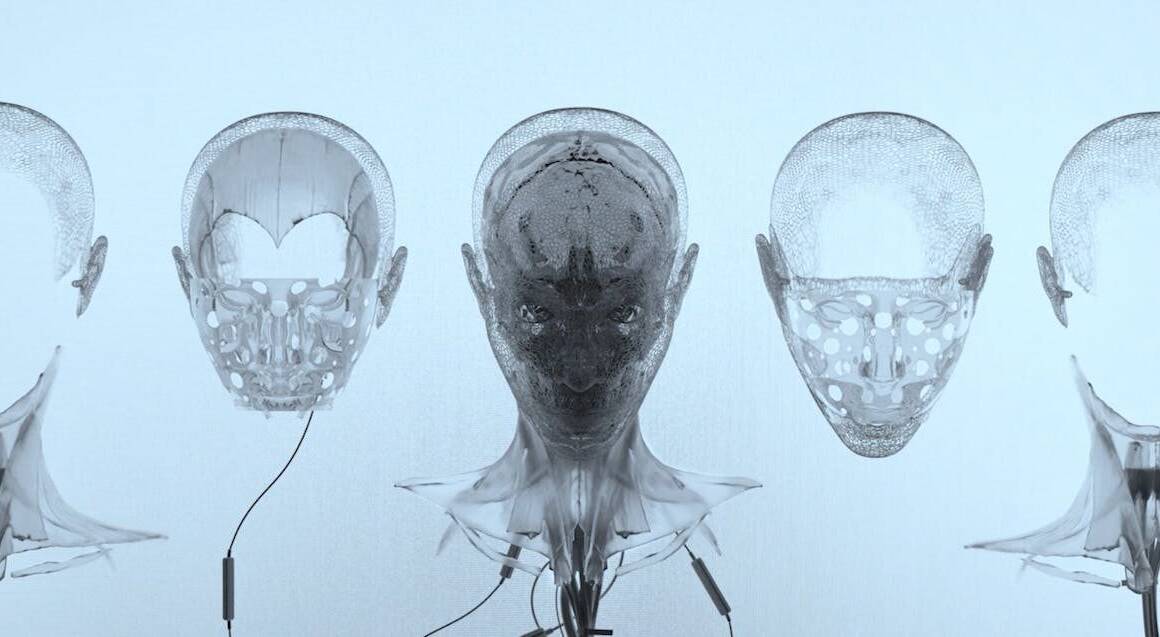
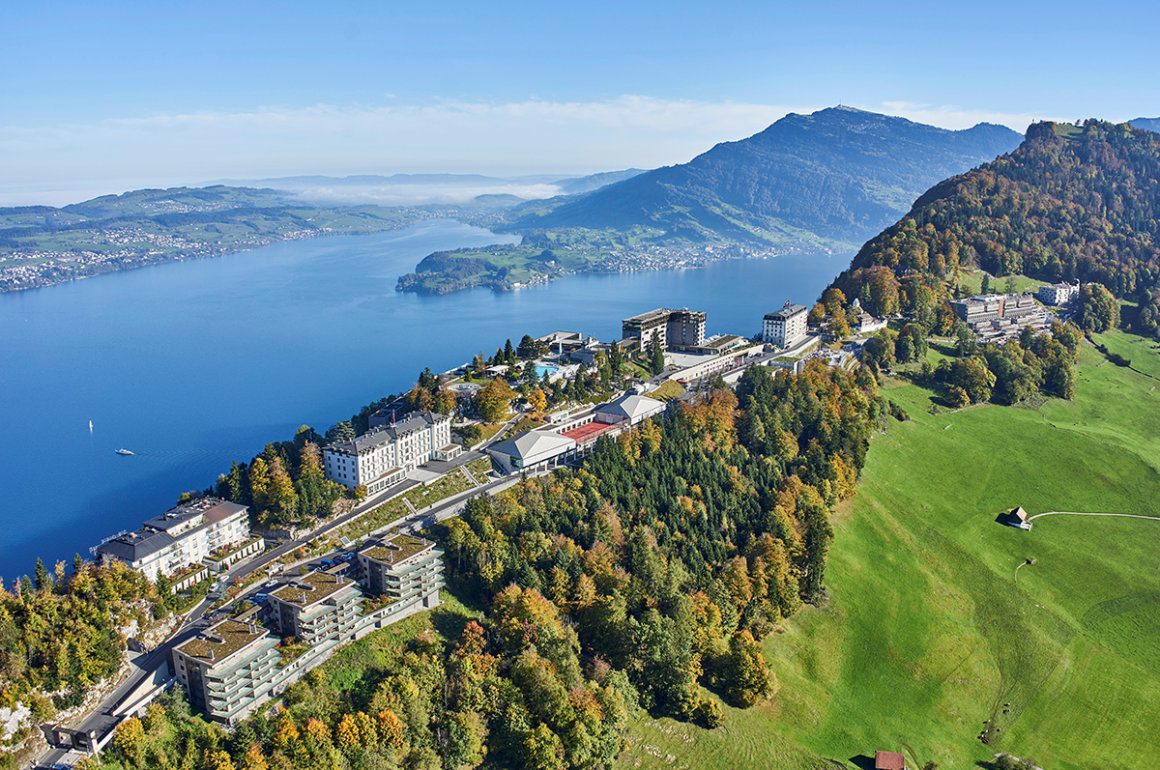
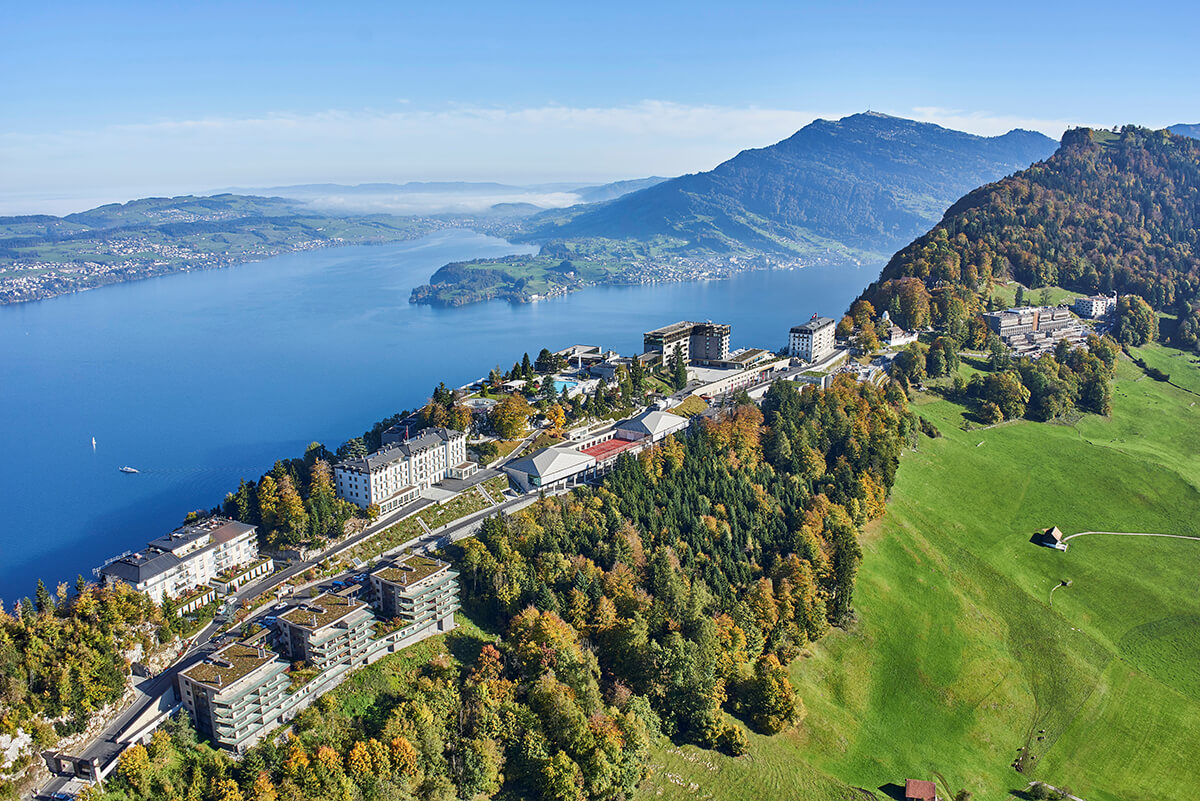
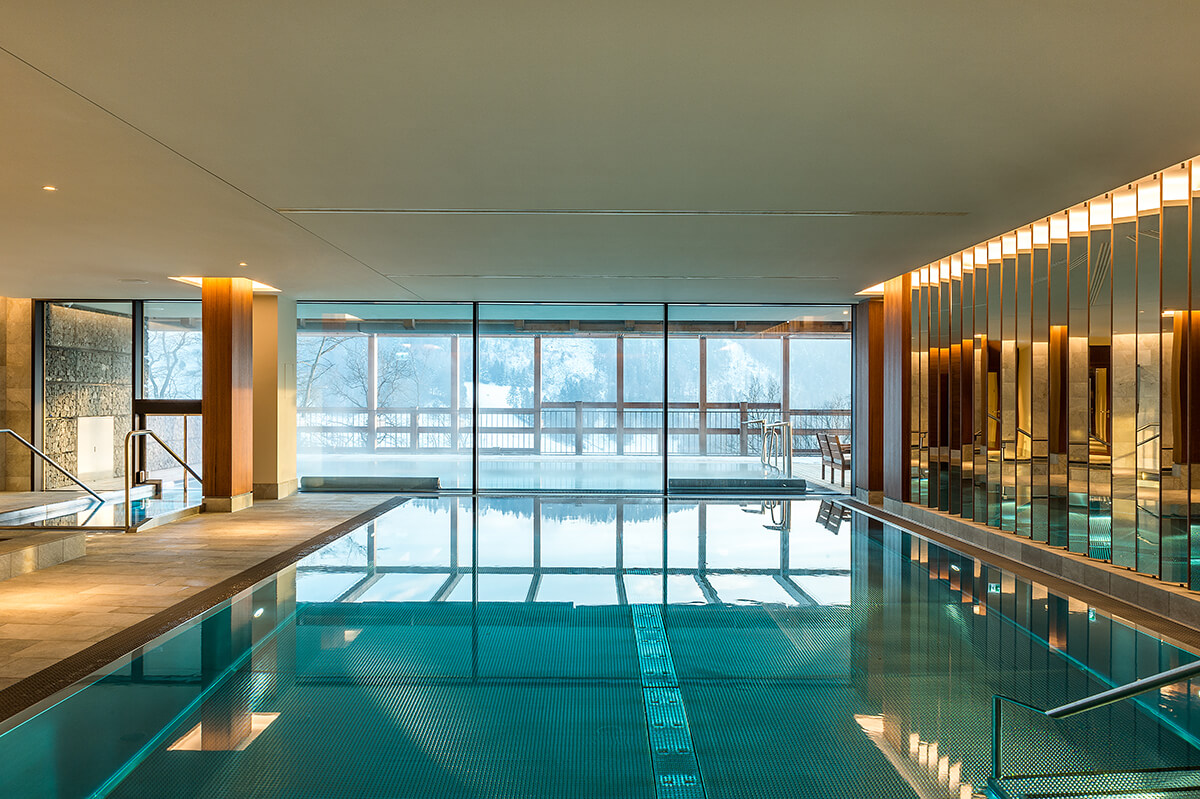
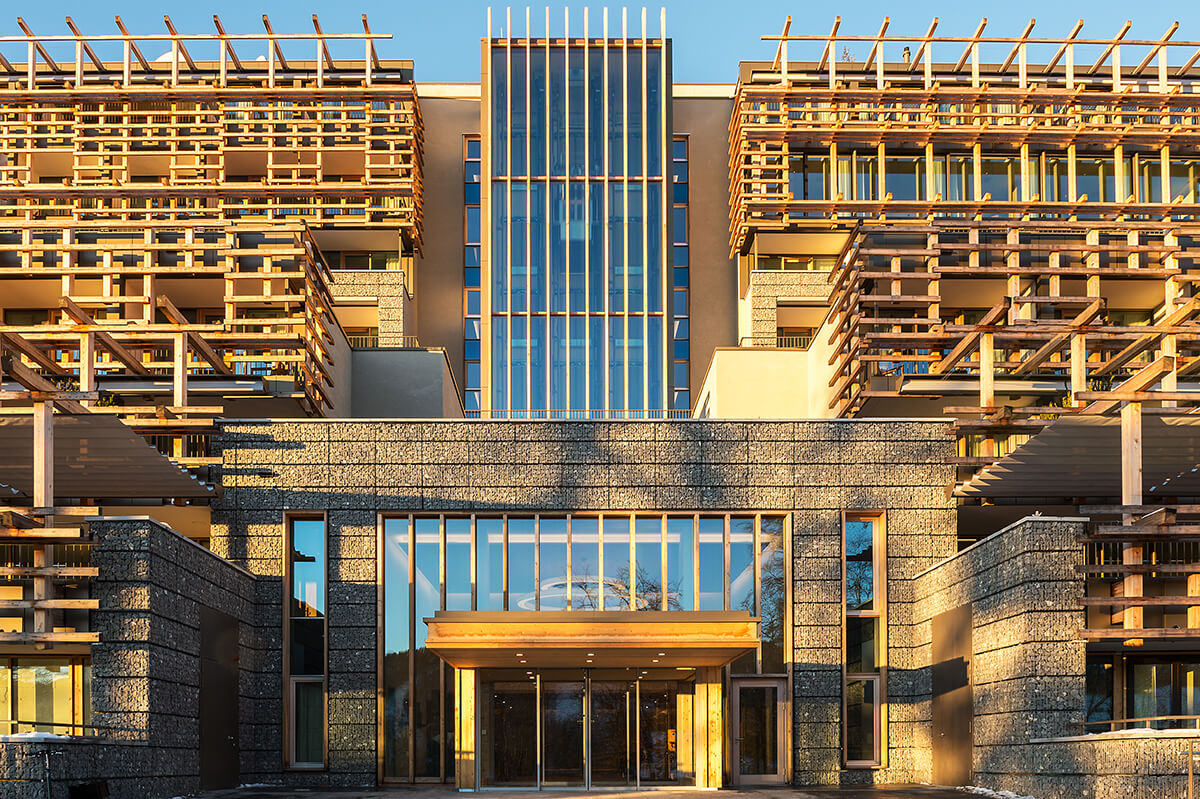





Recent Comments